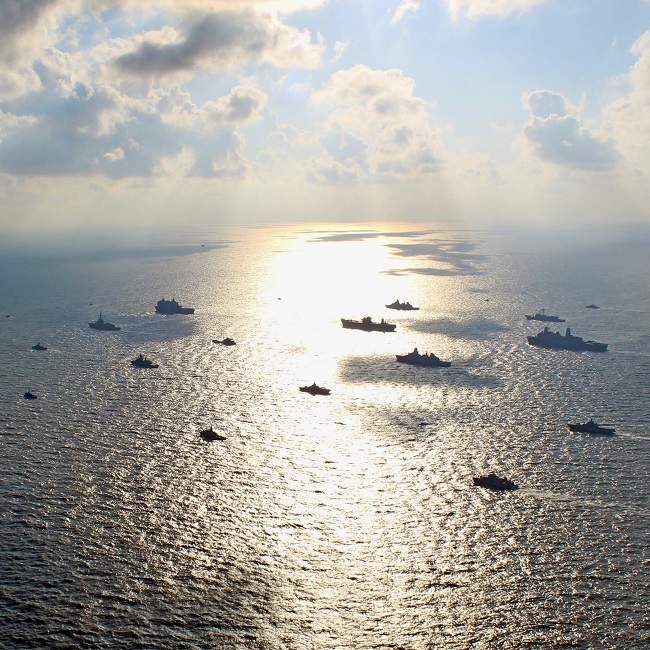
The 53rd edition of BALTOPS 2024 exercise took place from June 7-20, 2024 and brought together naval and air forces from 20 NATO member countries.
This annual exercise, the largest of its kind for amphibious forces and mine countermeasures, took place in the Baltic Sea, a strategically relevant region to European security. This year, BALTOPS saw the participation of about 9,000 troops, more than 85 aircraft and more than 50 ships, including the amphibious assault ships WASP (LHD-1) and USS NEW YORK (LPD-21), U.S., Spain's JUAN CARLOS I (L-61) and France's MISTRAL (L-9013).
Participating in the exercises were Belgium, Denmark, Estonia, Finland, France, Germany, Greece, Italy, Latvia, Lithuania, the Netherlands, Norway, Poland, Portugal, Romania, Spain, Sweden, Turkey, the United Kingdom and the United States. For the first time, naval units from the U.S. Indo-Pacific Command also took part in the activities, underscoring strong transatlantic ties.
The BALTOPS exercise focused on improving interoperability among allied forces as well as strengthening joint response capabilities in complex scenarios. The main activities included amphibious operations, air defense, anti-submarine warfare, maritime interdiction and mine countermeasures operations. In addition, unmanned underwater and surface vehicle exercises, personnel recovery operations, and medical support operations were conducted.
A significant event of BALTOPS 2024 was participation of Sweden in its new role as NATO member. Although Sweden has participated in BALTOPS for more than a decade, this was the first time the country took part in activities as an official member of the Atlantic Alliance. This marks an important step toward greater cohesion and operational capability within NATO, particularly with regard to the "northern flank."
BALTOPS 2024 demonstrated NATO's ability to operate effectively in a dynamic operational environment, thus sending a strong message of deterrence to potential adversaries. The exercise was a major success for NATO, highlighting the importance of international cooperation for maritime security in the Baltic Sea.








